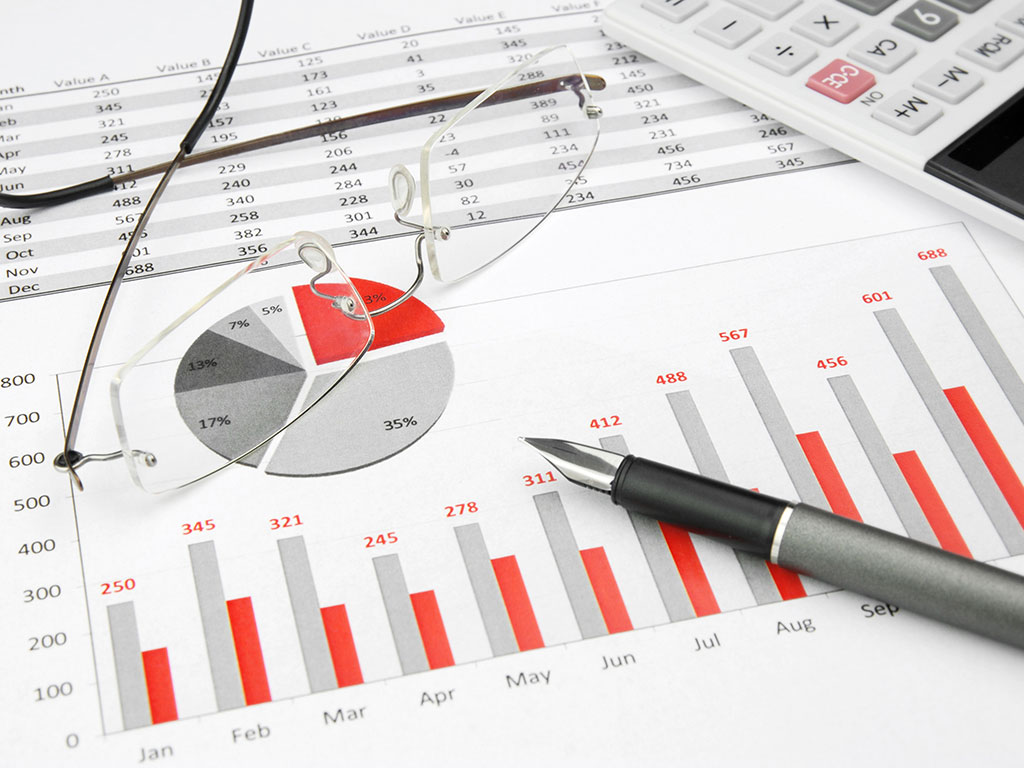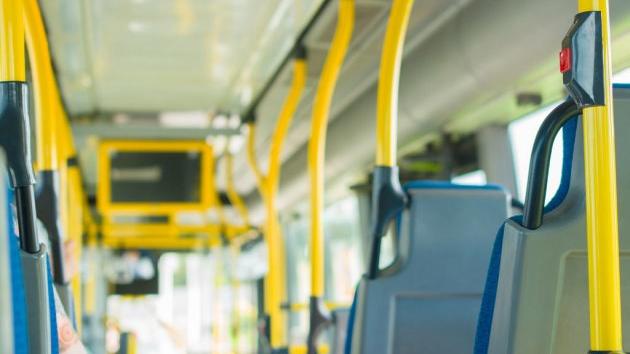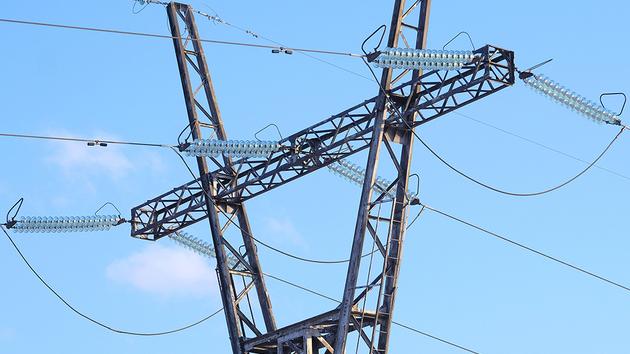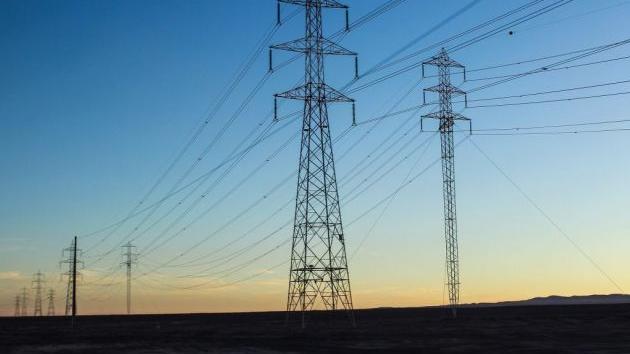Lower Excise Tax Revenues in Serbian Budget Expected in 2023 Too
Source: Beta
 Tuesday, 03.01.2023.
Tuesday, 03.01.2023.
 12:27
12:27
 Tuesday, 03.01.2023.
Tuesday, 03.01.2023.
 12:27
12:27
Illustration (Photo: Ralf Kleemann/shutterstock.com)

Lower revenue collection is also expected when it comes to the excise taxes on alcoholic beverages and coffee, and an increase of the revenues from excise taxes on tobacco and energy is projected. Still, all things considered, the total excise tax revenues will continue dropping this year, primarily due to the harmonization of the excise tax policy with the growing prices of energy and the inflation.
Based on the budget revision for 2022, excise tax revenues in 2022 will amount to RSD 336.8 billion, which is RSD 0.8 billion less compared to the initial budget projection. Excise taxes on oil derivatives are reduced by RSD 9.2 billion, the excise taxes on tobacco products are increased by five billion, whereas the other excise taxes on energy, alcoholic beverages and coffee are increased by RSD 3.4 billion.
The revenues from excise taxes on oil derivatives will be lower due to the state’s decision to first limit the retail prices and then also lower the fuel tax, in order to mitigate the consequences of the energy crisis. In 2022, the government implemented such measures several times, reducing the excise tax on oil derivatives in the range of 10-20%, the legal maximum.
The Fiscal Council estimates that the lowering of excise taxes on oil derivatives cost the state over RSD 20 billion in 2022.
This independent body estimated that the measures such as the limiting of retail prices and the lowering of taxes on oil derivatives were relatively easily implemented, but that they benefited citizens with larger incomes more. This is confirmed by the data on the consumption of households in Serbia, according to which the poorest households spend only 3.6% on fuel, whereas those with the highest incomes set aside over 11% of the total consumption for that purpose.
An additional problem is that the measures for the mitigation of the energy crisis are not accompanied by a stimulation of the reduction of consumption. The Fiscal Council therefore proposes for a system that would help those who are the most jeopardized in terms of energy, instead of a price policy that is directed at all citizens.
Budget revenues from excise taxes in 2023 are projected at around RSD 322 billion, which is considerably less compared to last year’s revenues. The additional reduction is a consequence of the announced harmonization of the excise policy with the growing prices of energy and the inflation, the Fiscal Council says.
The explanation of the 2023 budget announces the further implementation of lower excise taxes on oil derivatives by 10% and says that there will be no regular increase of other excise taxes based on the general price trends in 2022.
The excise taxes on oil derivatives are the only category of tax revenues for which a year-on-year reduction is planned, from around RSD 177 billion in 2022 to RSD 169 billion in 2023. The Fiscal Council reminds that, at the beginning of 2022, the regular increase of excise taxes did not happen and that, in March, the excise taxes on motor fuel were temporarily reduced by 20% and then by 15% and that, from mid-August, a reduction by 10% of the initial amount applies.
Contrary to the reduction of the revenues from excise taxes on oil derivatives, the 2023 budget projects a slight growth of the revenues from the excise taxes on tobacco products, by around RSD 2 billion. These revenues are expected to reach around RSD 121.5 billion, with cigarettes being the most significant item, as they will comprise 98% of the total excise tax revenues from tobacco products.
Based on the 2022 budget revision, the excise tax revenues in 2022 will amount to around RSD 336.8 billion, which is RSD 0.8 billion less compared to the initial budget projection. The excise taxes on oil derivatives are reduced by RSD 9.2 billion, the excise taxes on tobacco products are increased by RSD 5 billion, whereas other excise taxes on energy, alcoholic beverages and coffee are increased by RSD 3.4 billion.
As the Fiscal Council explains, in order to reach the minimum amount of the excise tax on tobacco products of EUR 1.8 per pack, proscribed by the EU Directive, the current law proscribes that, by 2025, the specific part of the excise tax will increase twice a year by RSD 1.5 each time. Therefore, the amount will be RSD 82.75 from January 2023, and RSD 84.25 from July. Additionally, in line with the current regulations, those amounts are to be increased if the overall price growth in the previous year amounted to over 2%.
The revenues from other excise taxes on electrical energy, alcoholic beverages and coffee for this year are projected at around RSD 41.6 billion, which is an increase by around 4% compared to the expected 2022 revenues. The budget plan entails a growth of the excise taxes on electrical energy this year, whereas the total amount of the excise taxes on alcoholic beverages and coffee will drop.
Nearly a half of the revenues from other excise taxes consist of excise taxes on electrical energy, and the Fiscal Council estimates that, this year, they will exceed RSD 20 billion, whereas the collection of the revenues from the excise taxes on alcoholic beverages and coffee will amount to around RSD 17.7 billion.
Tags:
reduction of oil derivatives taxes
excise tax revenues
lower excise tax collection
alcoholic beverage excise taxes
cigarette excise taxes
coffee excise taxes
household consumption in Serbia
budget revenues from excise taxes
regular excise tax increase
Comments
Your comment
Naš izbor
Most Important News
Full information is available only to commercial users-subscribers and it is necessary to log in.
Follow the news, tenders, grants, legal regulations and reports on our portal.
Registracija na eKapiji vam omogućava pristup potpunim informacijama i dnevnom biltenu
Naš dnevni ekonomski bilten će stizati na vašu mejl adresu krajem svakog radnog dana. Bilteni su personalizovani prema interesovanjima svakog korisnika zasebno,
uz konsultacije sa našim ekspertima.


 Izdanje Srbija
Izdanje Srbija Serbische Ausgabe
Serbische Ausgabe Izdanje BiH
Izdanje BiH Izdanje Crna Gora
Izdanje Crna Gora


 News
News












